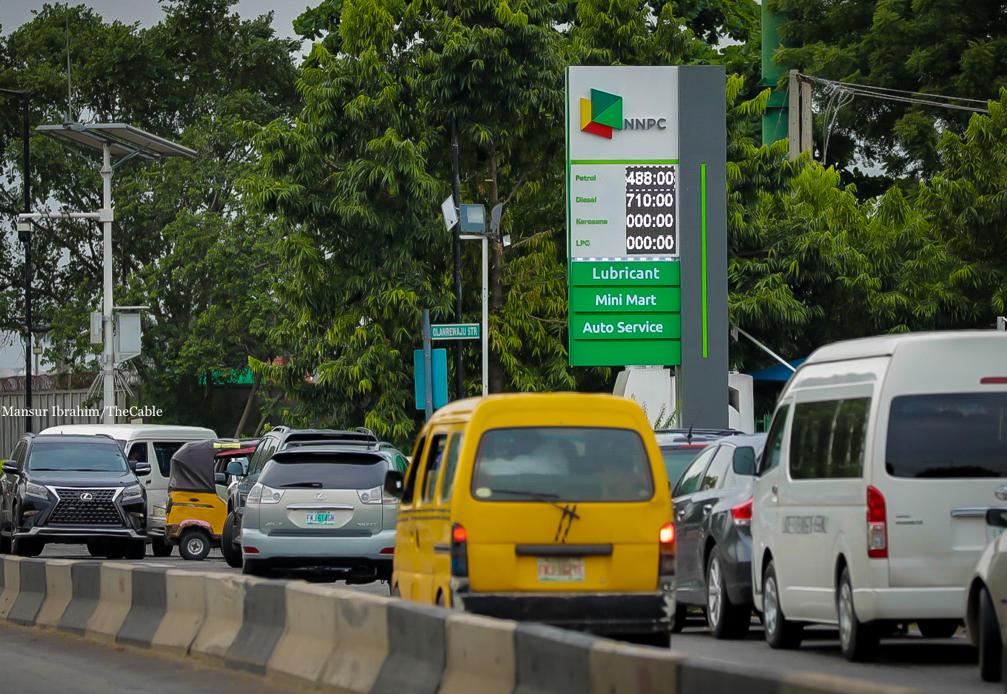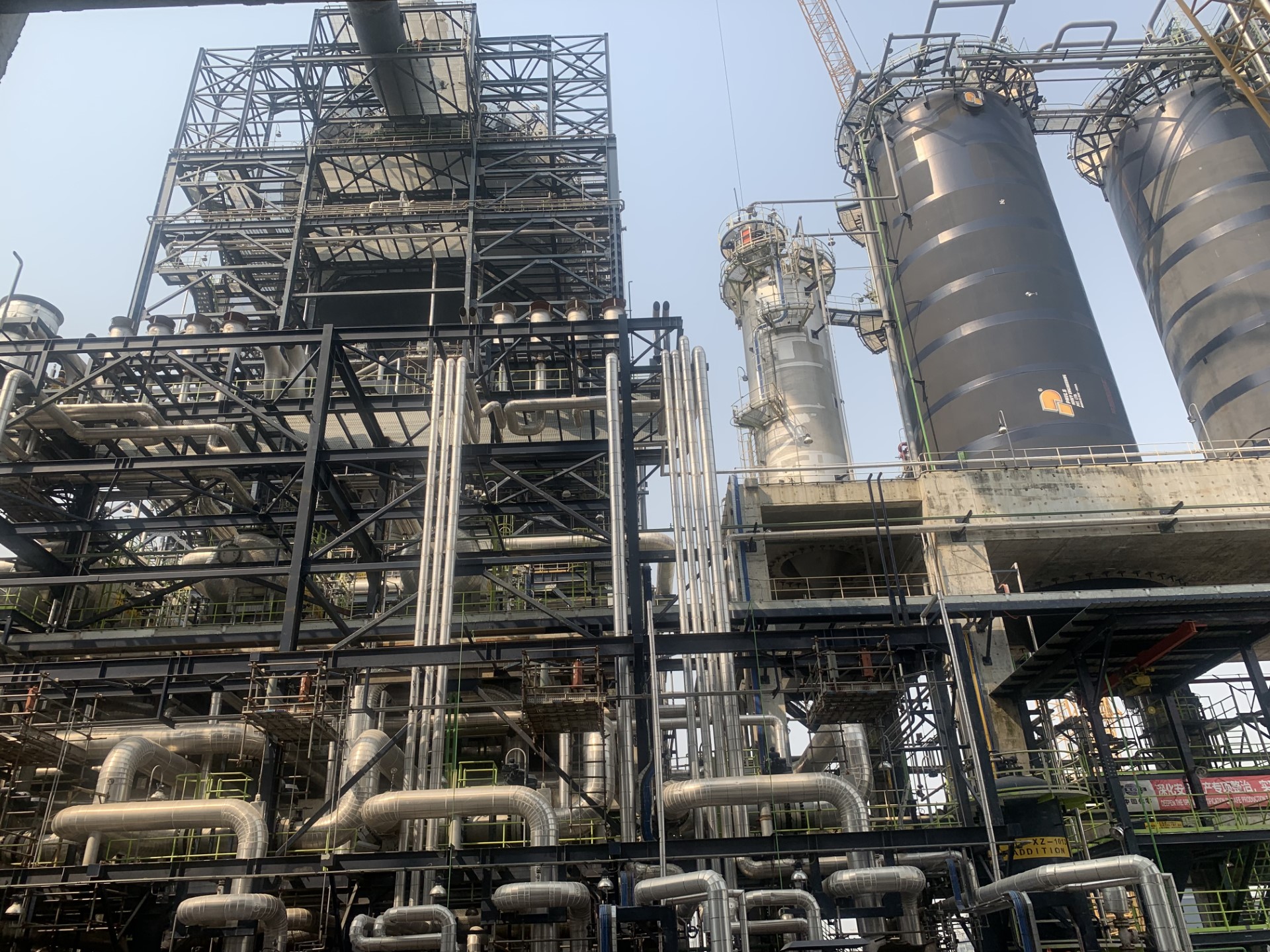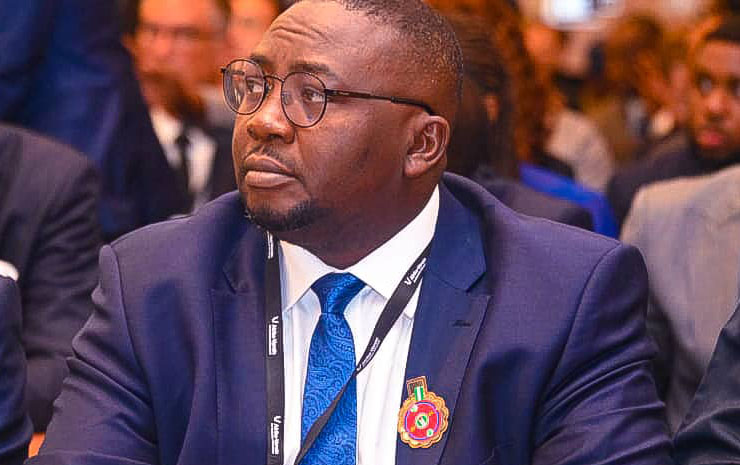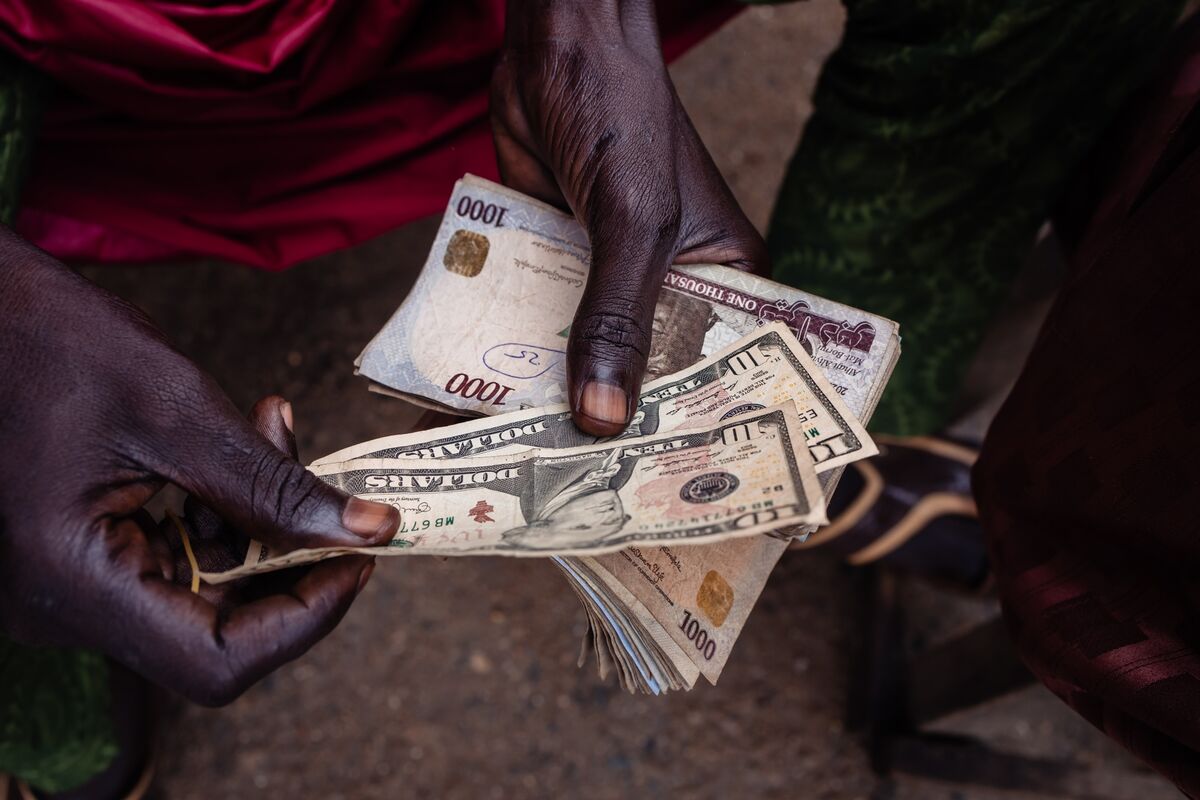Business
Lifestyle adjustments that will help you cope with petrol subsidy removal

While delivering his inaugural address on Monday, President Bola Tinubu said the “petrol subsidy is gone” because the immediate administration did not make provision for such in the 2023 appropriation. Despite the assurance by the president’s team that the subsidy removal is not immediate, the announcement has sparked a reaction across the country.
Since then, in Lagos, Abuja, and other parts of the country, operations have ceased in some filling stations, while those that dispensed petrol increased prices.
Transport fares have gone up, and thousands of people are spending valuable time queueing for fuel. It’s hitting everyone where it hurts, even the rich are not left out.
Nigerians are left with no choice but to adjust to new lifestyles brought about by a change of policy. It started during the height of the naira redesign policy, now the petrol price hike may demand a more frugal lifestyle.
Here are suggestions for some lifestyle adjustments.
Explore alternative energy sources
This may be the best time to invest in renewable energy to reduce dependence on fuel for electrical machines and generators used in factories and homes.
Portable solar home systems remain one of the cheapest means to light up the house and power small home appliances.
Introduction of flexible work schedules by employers
There are jobs that cannot survive days without the physical congregation of workers, but there are many other establishments that can endure the blend of virtual and physical arrangements for workers.
Factories can make work schedules flexible by adopting regulated work shifts to ease transportation costs for employees.
This is the time to encourage virtual meetings. The objective of that official meeting can still be achieved on Zoom, Google Meet and other video conferencing apps. That document can also be signed virtually. We can still achieve efficiency in a tech-driven work environment.
Foster the idea of efficient driving habits
Nigerians are buying a litre for N488 in Lagos and over N500 in Abuja and in other parts of the country. It is advisable that private car owners drive when it is only unavoidable and also ensure that their speed is moderate. Maintain a constant speed of 15 to 20 mph.
The idea of doing away with the car’s air conditioning may have been received as a joke, but some experts claim leaving it on while driving slowly increases fuel consumption by up to seven per cent.
Consumers must at this time start to learn how to do proper maintenance of their vehicles without having to entirely do away with them.
Register wards in schools at a trekking distance from your house
The nuances of picking a child’s school are not lost on us; drastic issues demand well-thought decisions. In order to augment the budget for those that keep one, the thought of changing one’s child’s school to a good institution of trekkable distance is quite logical at this time.
Attend neighbourhood places of worship
Congregating in recognised churches and mosques no matter how excruciating it takes to reach there is an attitude that may need to be relaxed at this period.
Religious Nigerians may need to attend places of worship close to their homes. This situation may be unfamiliar but at this delicate time, it appears “where two or three are gathered” is best believed.
A phone call will do it
At the moment, there are so many places you can avoid driving to and you can also avoid spending huge money on commercial vehicles. A phone call will do it. It’s safer that way and less expensive. You don’t have to spend hours in traffic too.
If it is not far, walk it. Walking is a good exercise for your health. Patronise neighbourhood shops, malls and markets. A phone can also deliver that product to your doorstep. The world is changing; you should too.
Most importantly, live within your means.
Business
Dangote refinery slashes diesel price to N940 per litre

Dangote Petroleum Refinery has announced another reduction in the prices of both diesel and aviation fuel to N940 and N980 per litre, respectively.
The development comes days after the refinery reduced diesel price to N1,000 per litre.
In a statement on Tuesday, the refinery said the price change of N940 is applicable to customers buying five million litres or more from the refinery, while those purchasing one million litres or more will pay N970.
According to the company, this marks the third major reduction in diesel price “in less than three weeks when the product sold at N1,700 to N1,200 and also a further reduction to N1,000 and now N940 for diesel and N980 for aviation fuel per litre”.
Speaking on the new development, Anthony Chiejina, head of communication, Dangote Group, said the new price is in tandem with the company’s commitment to alleviating the effect of economic hardship in Nigeria.
“I can confirm to you that Dangote Petroleum Refinery has entered a strategic partnership with MRS Oil and Gas stations, to ensure that consumers get to buy fuel at affordable price, in all their stations be it Lagos or Maiduguri,” he said.
“You can buy as low as 1 litre of diesel at N1,050 and aviation fuel at N980 at all major airports where MRS operates.”
He added that the partnership will be extended to other major oil marketers.
“The essence of this is to ensure that retail buyers do not buy at exorbitant prices,” he said.
“The Dangote Group is committed to ensuring that Nigerians have a better welfare and as such, we are happy to announce this new prices and hope that it would go a long way to cushion the effect of economic challenges in the country.”
Reacting to the latest development, Ajayi Kadiri, director-general of the Manufacturers Association of Nigeria (MAN), said the decision “to first crash the price from about N1,750/litre to N1,200/litre, N1,000/litre and now N940 is an eloquent demonstration of the capacity of local industries to positively impact the fortunes of the national economy”.
“The trickledown effect of this singular intervention promises to change the dynamics in the energy cost equation of the country, in the midst of inadequate and rising cost of electricity,” Kadiri said.
He said the reduction will ease the high inflation rate in the country, and have far-reaching impact on critical sectors like industrial operations, transportation, logistics, and agriculture.
Kadiri added that companies will be back in operation due to the price reduction.
Business
FG to sell DisCos managed by AMCON, banks in next three months

The federal government says it would sell off five electricity distribution companies (DisCos) under the management of banks and Asset Management Corporation of Nigeria (AMCON) in the next three months to technical power operators.
Adebayo Adelabu, minister of power, spoke in Abuja on Monday when the members of the senate committee on power visited the ministry.
The five DisCos include Abuja Electricity Distribution Company (AEDC), currently under the management of the United Bank for Africa (UBA); Benin Electricity Distribution Company, Kaduna Electricity Distribution Company, and Kano Electricity Distribution Company, managed by Fidelity Bank, while Ibadan Electricity Distribution Company is under AMCON management.
The DisCos are under the management of the banks and AMCON due to their debt burden.
Adelabu said the energy distribution assets are technical and as such, they should be under the management of technical experts.
He also said the tough decision on the DisCos has become necessary because the entire Nigerian Electricity Supply Industry (NESI) fails when they refuse to perform.
According to Adebayo, the ministry will prevail on the Nigerian Electricity Regulatory Commission (NERC) to revoke underperforming licenses and also change the management board of the DisCos if it becomes the solution.
“On distribution, very soon you will see that tough decisions will be taken on the DisCos. They are the last lap of the sector. If they don’t perform, the entire sector is not performing,” Adebayo said.
”The entire ministry is not performing. We have put pressure on NERC, which is their regulator to make sure they raise the bar on regulation activities.
”If they have to withdraw licenses for non-performance, why not? If they have to change the board of management, why not?
“And all the DisCos that are still under AMCON and Banks, within the next three months, must be sold to technical power operators with good reputations in utility management.
“We can no longer afford AMCON to run our DisCos. We can no longer afford the banks to run our DisCos. This is a technical industry and it must be run by technical experts.”
The minister further said it has become necessary to reorganise the DisCos for efficiency.
He stressed that Ibadan DisCo is too large for one company to manage.
FG TO REVOKE METRE CONTRACT FROM FIRM
Adelabu also dropped the hint that the federal government mobilised a company named Messr Zigglass with $200 million (N32 billion) to supply three million meters that were yet to be supplied to date.
“If you held N32 billion for these years, where is the interest,” he asked.
According to Adelabu, President Bola Tinubu directed that the contract be revoked.
He said the government will bridge the current eight million metering gap in the next four to five years.
The minister said the funding for the metre is coming from a seed capital of N100 billion and N75 billion.
He added that the Nigerian Sovereign Investment Authority (NISA) is coming to the aid of the ministry with the fund.
Business
Naira depreciates further at parallel market, trades at N1,260/$

The naira yesterday depreciated further to N1,260 per dollar at the parallel section of the foreign exchange (FX) market.
The latest figure represents a 2.44 percent drop from the N1,230 per dollar traded on April 19.
Currency traders, known as bureau de change (BDC) operators, quoted the buying rate at N1,230 and the selling price at N1,260 — leaving a profit margin of N30.
At the official window, the naira depreciated to N1,234.49 against the dollar on Monday — a 5.51 percent decline from the N1,169.99/$ traded on April 19.
The local currency traded at a high of N1,295 and a low of N1,051, according to FMDQ Exchange, a platform that oversees official FX trading in Nigeria.
Meanwhile, the Central Bank of Nigeria (CBN), on April 20, said it is doing everything possible to achieve a stable FX rate.
Speaking during a press conference held at the annual meetings of the International Monetary Fund (IMF) and World Bank Group, Yemi Cardoso, CBN governor, said the regulator is also working to ensure the exchange rate finds its adequate price discovery level.
“Again, to be honest, I think we should expect that there will be increases here and there, ups and downs and even from what you’ve reported yesterday, from what I gather, the naira has begun strengthening overnight,” he said.
He added that the local currency will continue to appreciate against foreign currencies.
-

 Entertainment6 days ago
Entertainment6 days agoJUST IN: Cubana Chief Priest pleads not guilty to naira abuse charge
-

 Business1 week ago
Business1 week agoX will start charging new users to post, says Elon Musk
-

 Entertainment6 days ago
Entertainment6 days agoCubana Chief Priest arrives court for naira abuse trial
-

 Health1 week ago
Health1 week agoFive benefits of drinking Okra water
-

 Celebrities6 days ago
Celebrities6 days ago‘Not see you for 6 months, impossible’ — Davido reacts to Cubana Chief Priest’s bail
-

 Business4 days ago
Business4 days agoElon Musk threatens to suspend X accounts doing engagement farming
-

 Celebrities1 week ago
Celebrities1 week agoKai Cenat threatens to sue OnlyFans model, Layla Red who leaked their chats
-

 World6 days ago
World6 days agoDubai international airport cancels flights as flood ravages runway, UAE


















